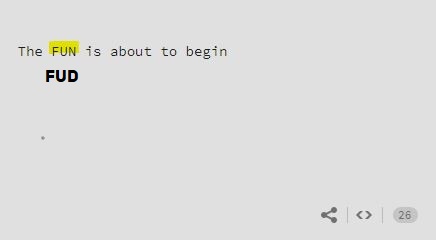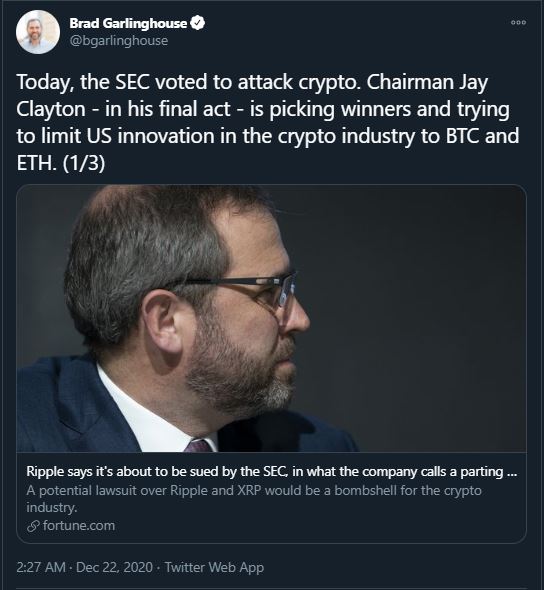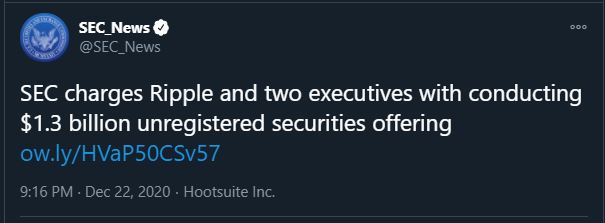In this thread @EricTopol describes evidence from Israel of waning anti-#SARSCoV2 immunity months after mRNA #COVID19 #vaccination.
But as I wrote https://t.co/NZk0v3r6Dc the explanation is about timing. People ARE immune, but after months response goes
MORE
More from Covid
Bullshit.
I have family members all the way up the Fox News Facebook misinformation hole, and they didn’t get vaccinated because they felt respected; they got vaccinated because their children told them they wouldn’t get to see their grandchildren until they got vaccinated.
3 observations:
People don't tend to change their worldviews from a place of comfort.
When selfish assholes decide to behave like selfish assholes, the problem isn't that others aren't coddling their feelings enough.
Selfish assholes aren't everyone else's job to fix.
Selfish assholes would love for you to *think* they are everybody else's job to fix.
It puts them at the center and in control.
That means when they act like a selfish asshole, it's *your* fault. You should have been more persuasive. Daddy hits you because you made him angry.
Truth is, vaccine resistors are behaving this way because their feelings ARE being respected.
Malicious media entities created self-feeding networks that reassure selfish assholes they can be selfish assholes and still be respected.
Antvax, racist, sexist, all are welcome.
The way you make a selfish asshole stop being a selfish asshole is well known.
You draw a clear boundary and then you enforce that boundary. You tell them that their bullshit won't be tolerated, and then you don't tolerate their bullshit.
I think we all know that, actually.
I have family members all the way up the Fox News Facebook misinformation hole, and they didn’t get vaccinated because they felt respected; they got vaccinated because their children told them they wouldn’t get to see their grandchildren until they got vaccinated.
Vaccine resisters can\u2019t be persuaded if they feel disrespected | Opinion by @michaelbd https://t.co/nwszm47IOf
— National Review (@NRO) July 16, 2021
3 observations:
People don't tend to change their worldviews from a place of comfort.
When selfish assholes decide to behave like selfish assholes, the problem isn't that others aren't coddling their feelings enough.
Selfish assholes aren't everyone else's job to fix.
Selfish assholes would love for you to *think* they are everybody else's job to fix.
It puts them at the center and in control.
That means when they act like a selfish asshole, it's *your* fault. You should have been more persuasive. Daddy hits you because you made him angry.
Truth is, vaccine resistors are behaving this way because their feelings ARE being respected.
Malicious media entities created self-feeding networks that reassure selfish assholes they can be selfish assholes and still be respected.
Antvax, racist, sexist, all are welcome.
The way you make a selfish asshole stop being a selfish asshole is well known.
You draw a clear boundary and then you enforce that boundary. You tell them that their bullshit won't be tolerated, and then you don't tolerate their bullshit.
I think we all know that, actually.
A teachable moment for Bayesian reasoning – when one study finds a result that's massively different than all the others, and, moreover, conflicts with what we know about the science, there's a pretty good chance it's either a fluke or it's wrong.
The Israeli estimate of relatively high immune escape from Delta that a lot of you were freaking out about now looks like it was the result of sloppy statistical analysis. https://t.co/F5sHsJDFF1
— Nate Silver (@NateSilver538) July 28, 2021
You May Also Like
Keep dwelling on this:
Further Examination of the Motif near PRRA Reveals Close Structural Similarity to the SEB Superantigen as well as Sequence Similarities to Neurotoxins and a Viral SAg.
The insertion PRRA together with 7 sequentially preceding residues & succeeding R685 (conserved in β-CoVs) form a motif, Y674QTQTNSPRRAR685, homologous to those of neurotoxins from Ophiophagus (cobra) and Bungarus genera, as well as neurotoxin-like regions from three RABV strains
(20) (Fig. 2D). We further noticed that the same segment bears close similarity to the HIV-1 glycoprotein gp120 SAg motif F164 to V174.
https://t.co/EwwJOSa8RK

In (B), the segment S680PPRAR685 including the PRRA insert and highly conserved cleavage site *R685* is shown in van der Waals representation (black labels) and nearby CDR residues of the TCRVβ domain are labeled in blue/white
https://t.co/BsY8BAIzDa

Sequence Identity %
https://t.co/BsY8BAIzDa
Y674 - QTQTNSPRRA - R685
Similar to neurotoxins from Ophiophagus (cobra) & Bungarus genera & neurotoxin-like regions from three RABV strains
T678 - NSPRRA- R685
Superantigenic core, consistently aligned against bacterial or viral SAgs

Further Examination of the Motif near PRRA Reveals Close Structural Similarity to the SEB Superantigen as well as Sequence Similarities to Neurotoxins and a Viral SAg.
The insertion PRRA together with 7 sequentially preceding residues & succeeding R685 (conserved in β-CoVs) form a motif, Y674QTQTNSPRRAR685, homologous to those of neurotoxins from Ophiophagus (cobra) and Bungarus genera, as well as neurotoxin-like regions from three RABV strains
(20) (Fig. 2D). We further noticed that the same segment bears close similarity to the HIV-1 glycoprotein gp120 SAg motif F164 to V174.
https://t.co/EwwJOSa8RK

In (B), the segment S680PPRAR685 including the PRRA insert and highly conserved cleavage site *R685* is shown in van der Waals representation (black labels) and nearby CDR residues of the TCRVβ domain are labeled in blue/white
https://t.co/BsY8BAIzDa

Sequence Identity %
https://t.co/BsY8BAIzDa
Y674 - QTQTNSPRRA - R685
Similar to neurotoxins from Ophiophagus (cobra) & Bungarus genera & neurotoxin-like regions from three RABV strains
T678 - NSPRRA- R685
Superantigenic core, consistently aligned against bacterial or viral SAgs
























